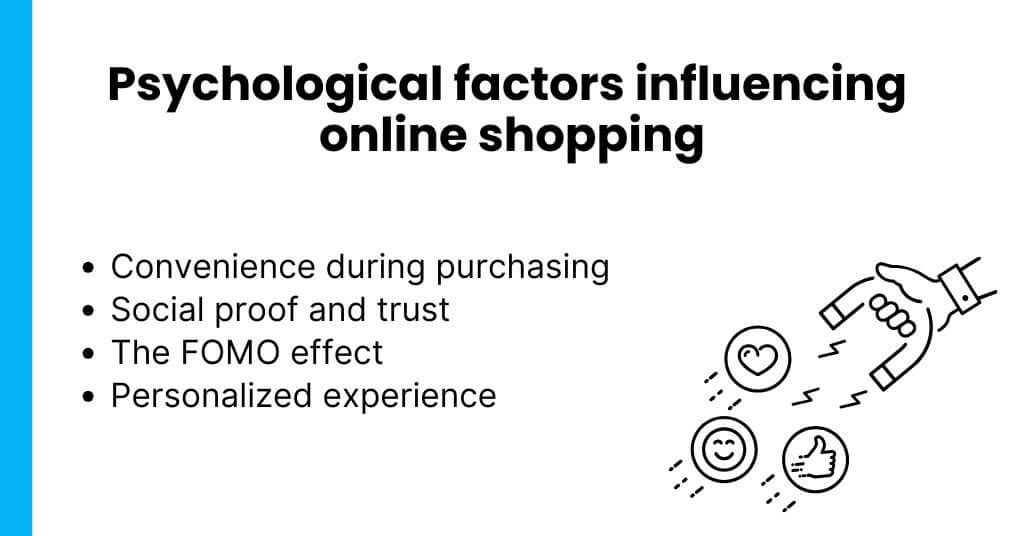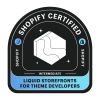
Let’s solve the dilemma: Centra vs Shopify
Ecommerce brands need tech solutions that won’t stop them but allow them to grow and scale (quickly), with no limits in design and development.
There are several challenges ecommerce brands usually face, including scalability, complexity, freedom of design, internationalization, and suitability for customers.
Centra and Shopify are two GIANTS both shaping the ecommerce industry in remarkable ways. Each offers unique strengths that apply to different needs, but both have impressive stats that make them stand out.
Let’s go through the Centra vs Shopify comparison together! 👇
Table of Contents
Ecommerce challenges in terms of platforms
Each ecommerce platform, no matter the choice, has its strengths and limitations. And there is no one-size-fits-all solution that exists.
For small brands, scalability is a major worry. The platform that works when you’re starting out may not handle growing traffic, larger inventories, or seasonal spikes without expensive upgrades. That’s why it’s important to choose a platform at the start of your journey to make sure it will follow you. Ok, if you change your mind later, that might be fixed with an ecommerce platform migration, but it’s easier to have a plan you’ll follow from the beginning, including the platform choice.
Customization is another pain point. Many platforms lock brands into templates, which looks easy, but it’s not worth the struggle. Some platforms cost a lot, and more costs can add up quickly with high subscription fees, transaction charges, and add-ons like payment gateways or shipping apps. You need to find a platform that looks good, performs well and can be designed according to your branding.
And integration with other systems is another headache: syncing everything can feel like a full-time job, apart from trying to scale a business. Some platforms are great but are limited for integrations with other systems, which might restrict you from getting things done easily.
Each brand has its challenges, but for many ecommerce owners, the challenge lies in finding a platform that supports their growth without draining their time and resources.

Centra in the center of attention?
Centra is built for aspiring brands that need a flexible platform that scales easily. It’s built on a headless, API-based system, meaning you can make it however you need to create a unique shopping experience for your customers.
One of the best features of Centra is its Product Information Management (PIM) system. This fancy tool helps you handle all your product data while keeping everything up-to-date and consistent across all your sales channels. So, whether you’re selling on your website, social media, or marketplaces, your product info is always spot on and that is a big plus.
Centra is also fantastic for going global. You can manage multiple markets from one platform, adjusting for local prices, languages, and currencies. This makes expanding your brand internationally easy without the extra work.
Shopify – still the most popular kid in school
Shopify is an incredibly versatile ecommerce platform that makes setting up and running an online store enjoyable. It’s super user-friendly. What’s great about Shopify is that it’s packed with all the tools you need to manage a business successfully. You can handle everything in one place, which is exactly the point – it leaves room for running a business.
Plus, there’s a great app store with thousands of add-ons to help you expand your store’s functionality, whether you need advanced marketing tools or specialized shipping options.
Shopify is designed to grow with you. It’s perfect for small businesses, but it also has the power and scalability to support large enterprises. As your business grows, you can upgrade to higher plans like Shopify Plus, which offers even more features and support for high-volume sales.
Another fantastic feature is Shopify’s ability to sell everywhere. Thanks to its point-of-sale system, you can use it to manage sales on your website, social media platforms, online marketplaces, and even in physical stores. This means you can reach your customers wherever they are.
With 24/7 support, Shopify ensures you’re never alone. Their support team is always available if you run into any issues or need help. And if you need help building a store, you can hire Shopify pros to help you build exactly what you need.
The Centra vs Shopify breakdown
Centra and Shopify are both filled with features designed to help ecommerce businesses succeed. They are made as powerful tools for brands to get into online shopping. Let’s take a look at the comparison before we declare a verdict.
| Feature/aspect | Centra | Shopify |
| Industry | fashion & lifestyle | all |
| Business model | DTC, wholesale | primarily DTC, wholesale with Shopify+ |
| Customization | high | moderate |
| Setup | harder | easier |
| Product management | advanced PIM system | standard product management |
| Globalization | multiple markets | supports global selling |
| Omnichannel | very strong approach | supports multiple sales channels |
| Inventory management | real-time stock visibility | strong inventory management |
| Analytics and reporting | extensive | strong |
| Scalability | flexible | scalable |
| App ecosystem | limited compared to Shopify | thousands app avaliable |
| Customer support | good | good |
- Trust & creative strategy: what still wins in DTC marketing
- Ecommerce website accessibility: The hidden revenue loss
- How to scale Amazon brand off Amazon
- Combining Amazon with Shopify: The Better & Better story
- The Amazon Ranking Strategy That Works in 2025
Centra vs Shopify – final thoughts
Both Centra and Shopify offer amazing features for ecommerce brands, but their strengths lie in different areas.
Shopify’s broad appeal and flexibility make it a really great fit for a wide range of businesses, while Centra’s specialized features and focus on fashion and lifestyle brands provide targeted solutions that drive significant growth in that niche.
So, the worst and most accurate answer ever is – it depends. Choose wisely. Get a free consultation here if you need help with platform choice or ecommerce related stuff.
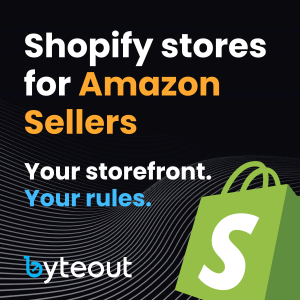
Your Amazon store needs a partner
We build and grow your Shopify DTC business together with Amazon.
Find out how to own your audience and not depend only on Amazon high fees.
Author: Dusan Popovic
Our ecommerce nerds recommend reading

Best Amazon FBA course: Top picks for 2025
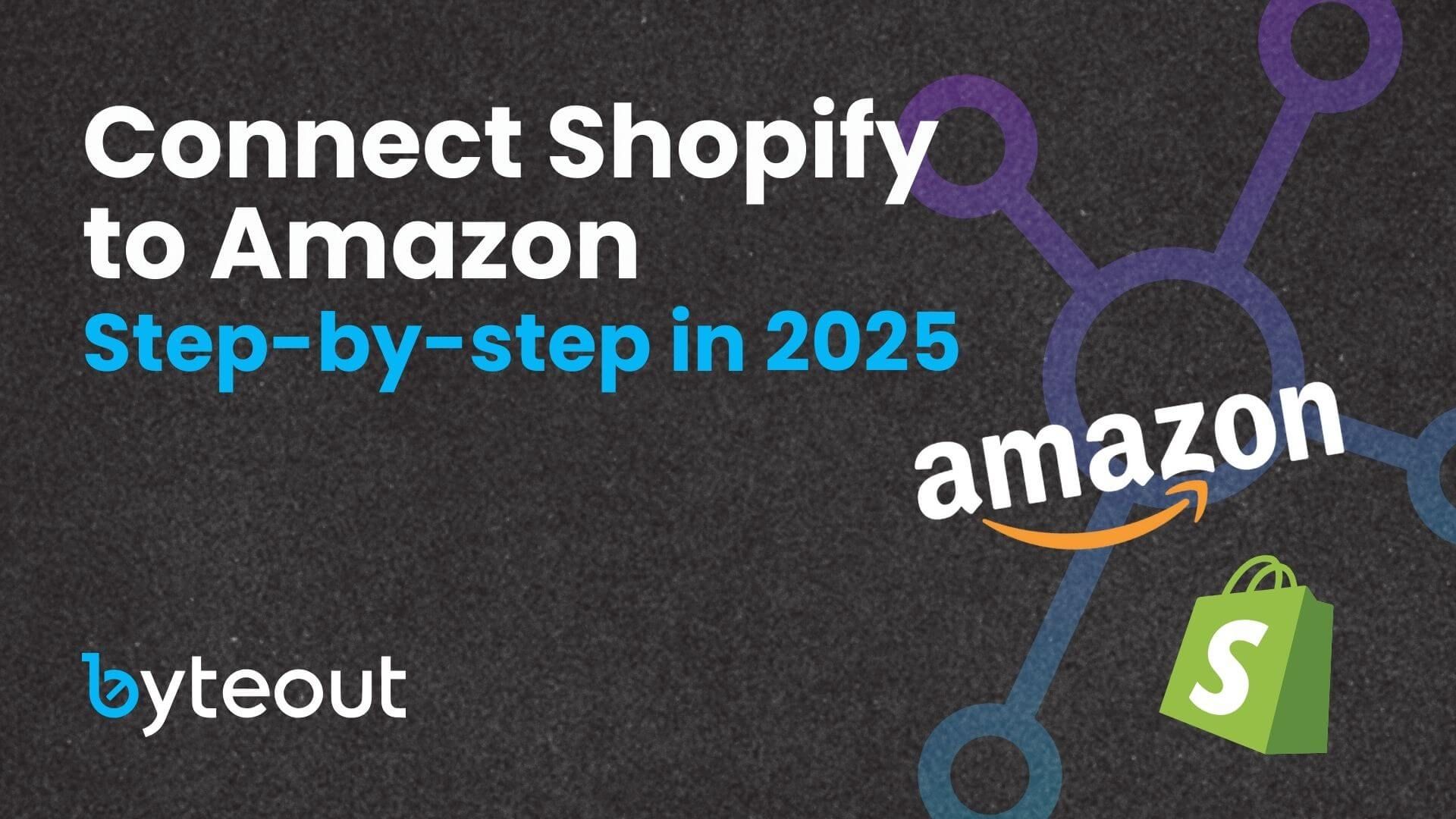
Connect Shopify to Amazon: Step-by-step in 2025
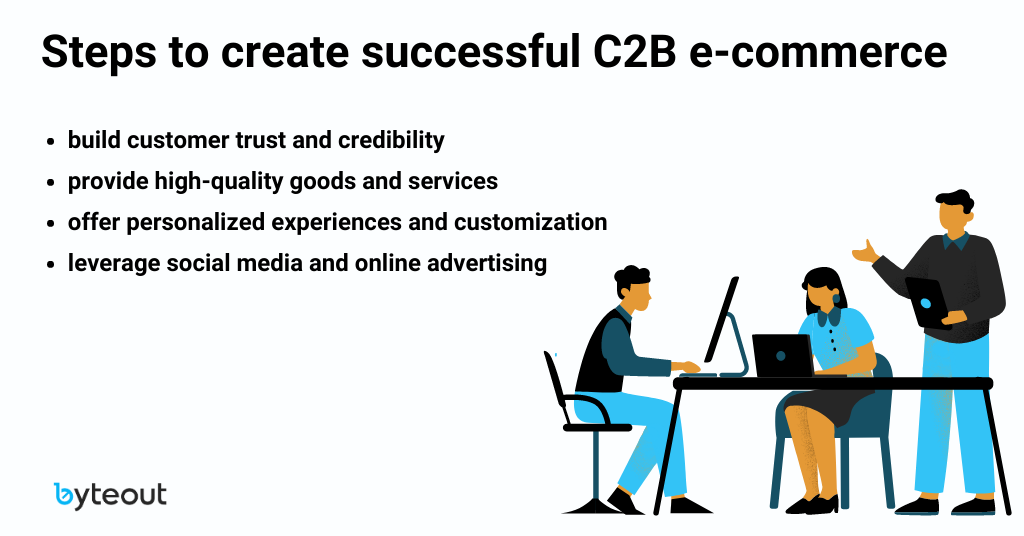
C2B e-commerce
